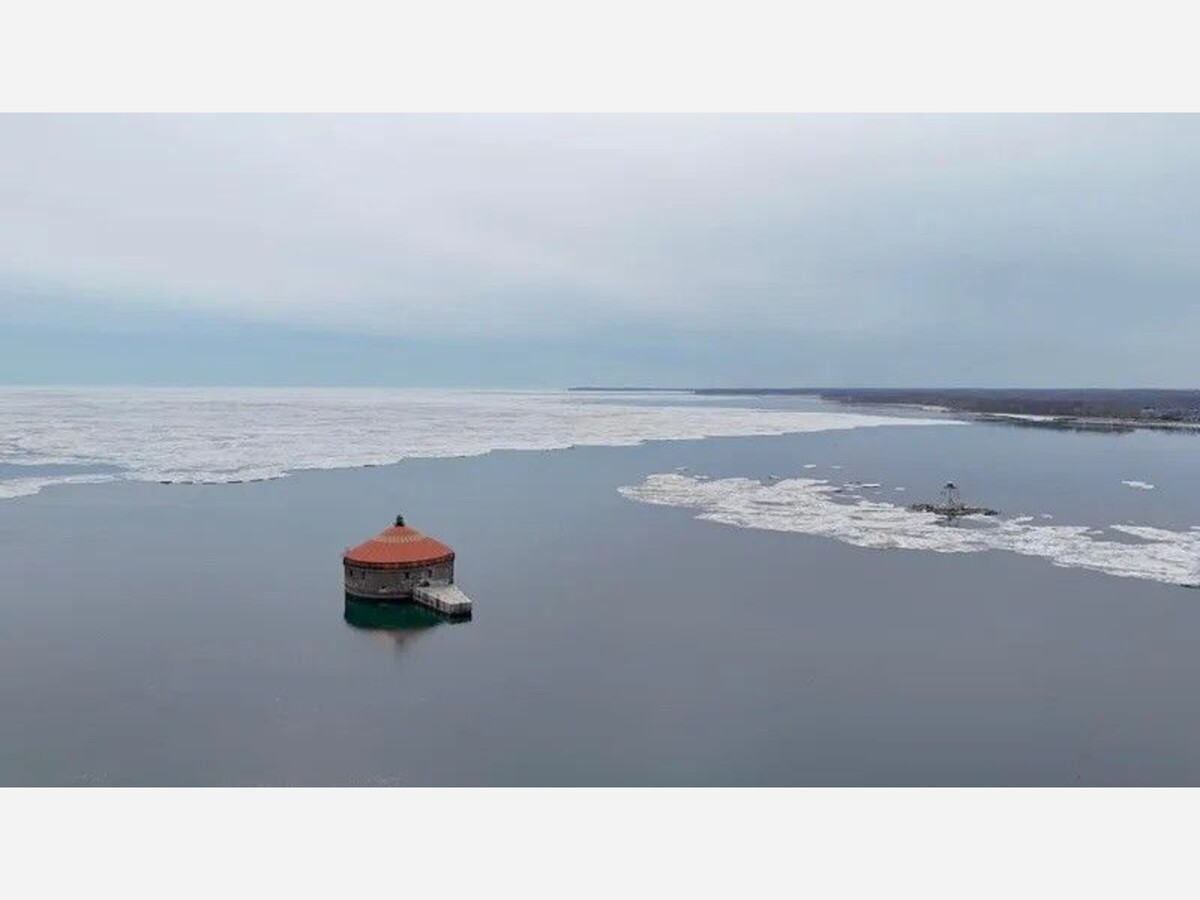Image

By Zach Penque
WBEN
Senior Director of Community Affairs for the New York Power Authority (NYPA) in Western New York, Lou Paonessa, says the ice boom is required, by bother borders, to be removed by Apr. 1st, unless there's more than 250 square miles of ice remaining.
"Right now, there's definitely more than 250 square miles of ice. Expecting some strong winds today. There is a portion of the boom that's actually broken right now, so we expect to see ice to start flowing down the river. But the boom is still going to do its job. It's going to reduce the frequency and duration and the amount of ice that comes down the river at one time, but removing the spans that are out there won't be taking place anytime within the next couple of days," stated Paonessa in an interview with WBEN.
Paonessa explains that NYPA will continue to work with the Niagara Border Patrol to monitor ice coverage.
"Even a day like today, where the winds are going to be high, it's going to be difficult for us to be out there. If those types of conditions came up when the ice covers a little bit less, we still would be delayed. You're going to need good weather, low winds, and then we'll be able to start removing the remaining spans," stated Paonessa.
Meteorologist Andy Parker says it's not uncommon for the ice boom to stay up later than the deadline, but this year, he thinks it won't be too long before it comes down.
"The earliest it ever has come out is late February, and the latest that the ice boom was ever removed is sometime in May, but that was a number of years ago," stated Parker.
Parker says this shouldn't be a concern for most of Wester New York, except for the resident who live along the Niagara River.
"That's the reason they're going to hold that ice boom in place, so we don't have that extra flow that can go and damage some of the docks or the water intakes. But for the average resident in Western New York, it's just kind of a sit, wait and watch the ice melt, as it's been doing. In Lake Erie, especially with a few of the 70 degree days, we saw a big reduction when we topped out and hit those record highs," explained Parker.